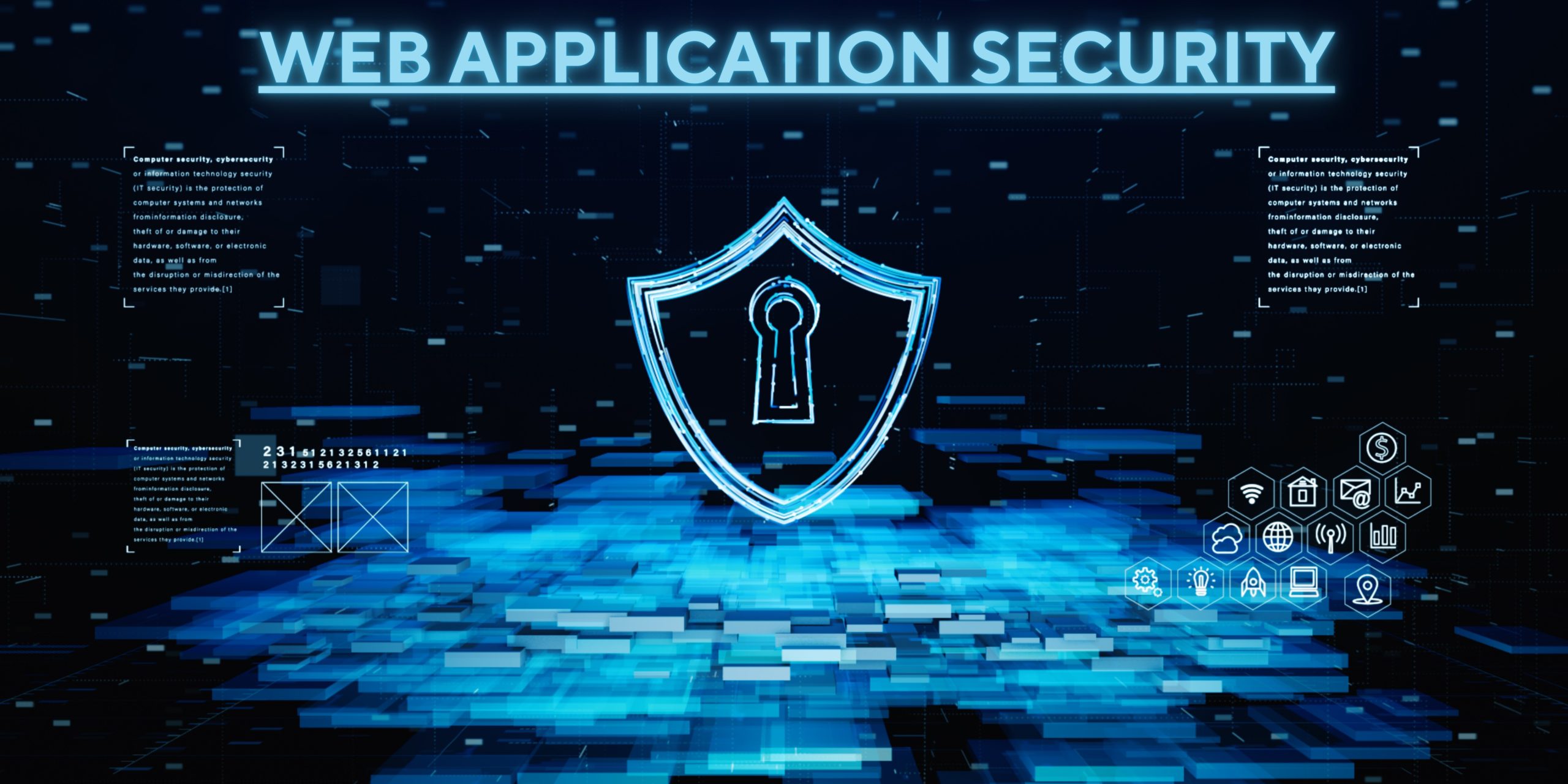| Introduction and Objectives
· Conduct Search Engine Discovery and Reconnaissance for Information Leakage
· Enumerate Applications on Webserver
· Review Webpage Comments and Metadata for Information Leakage
· Identify application entry points
Data Handling
· Injection Flaws (e.g., NoSQL Injection, Code Injection, Command Injection)
· Cross-Site Scripting (XSS) (e.g., Reflected, Stored, DOM)
· Denial of Service (e.g., Failure to Release Resource)
Authentication and Access Control
· Authentication (e.g., Username Enumeration, Improper Authentication)
· Session Handling (e.g., Exposed Session Tokens, Weak Session Token Generation, Insufficient Session Expiration)
· Cross-Site Request Forgery
· Access Control (e.g., Insecure Direct Object Reference, Missing Function Level Access Control)
OWASP Top 10
· Broken access controls
· Cryptographic failures
· Injection
· Insecure design
· Security misconfiguration
· Vulnerable and outdated components
· Identification & authentication failures
· Software and data integrity failures
· Insufficient logging & monitoring
· Server-side request forgery (SSRF) |
OWASP Testing Framework· Phase 1: Before Development Begins
· Phase 2: During Definition and Design
· Phase 3: During Development
· Phase 4: During Deployment
· Phase 5: Maintenance and Operations
Sensitive Data Protection
· Insecure Cryptography (e.g., Insecure Randomness, Insufficiently Protected Credentials, Exposed key)
· Sensitive Data Storage (e.g., Plain text storage of passwords or sensitive information)
· Insufficient Transport Layer Protection (e.g., Unprotected Transport of Credentials, Weak Algorithm or Protocol Use)
Database Assessment
· Importance of SQL Injection
· Automating Attacks
Introduction to Mobile Security
· Hack Android & iOS Mobiles
· Mobile Control via Malware
· OWASP Top 10 Mobile |









